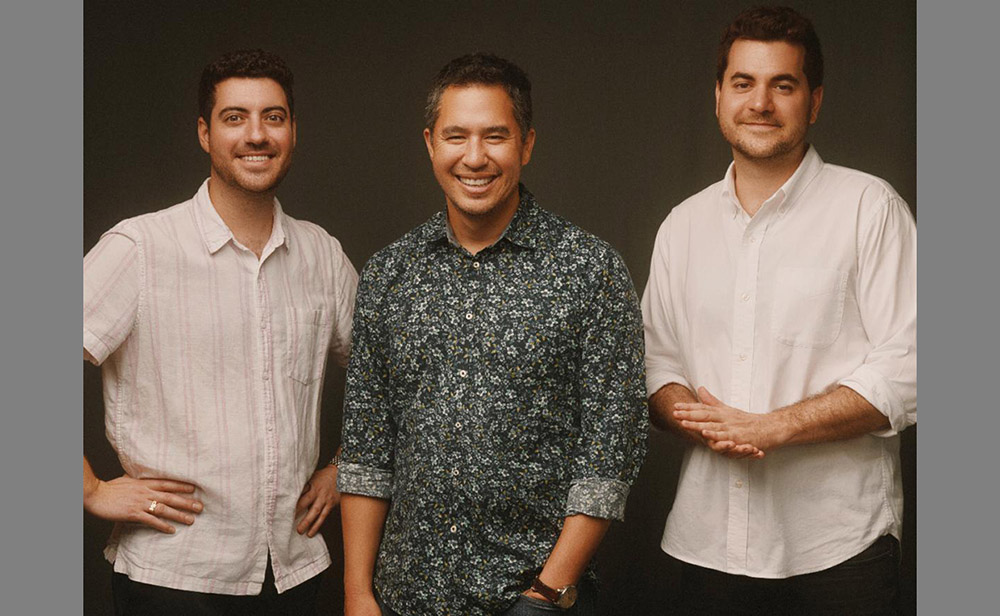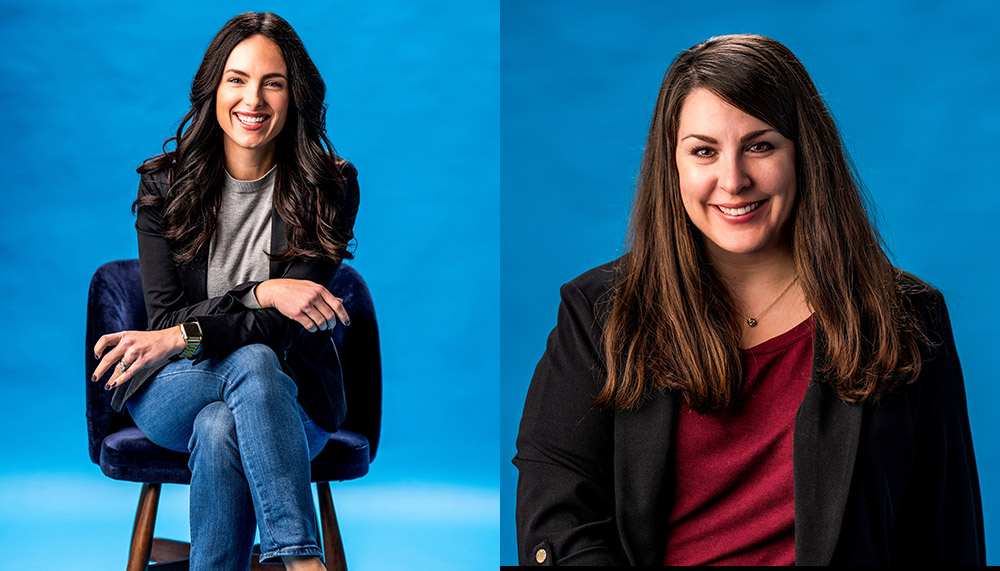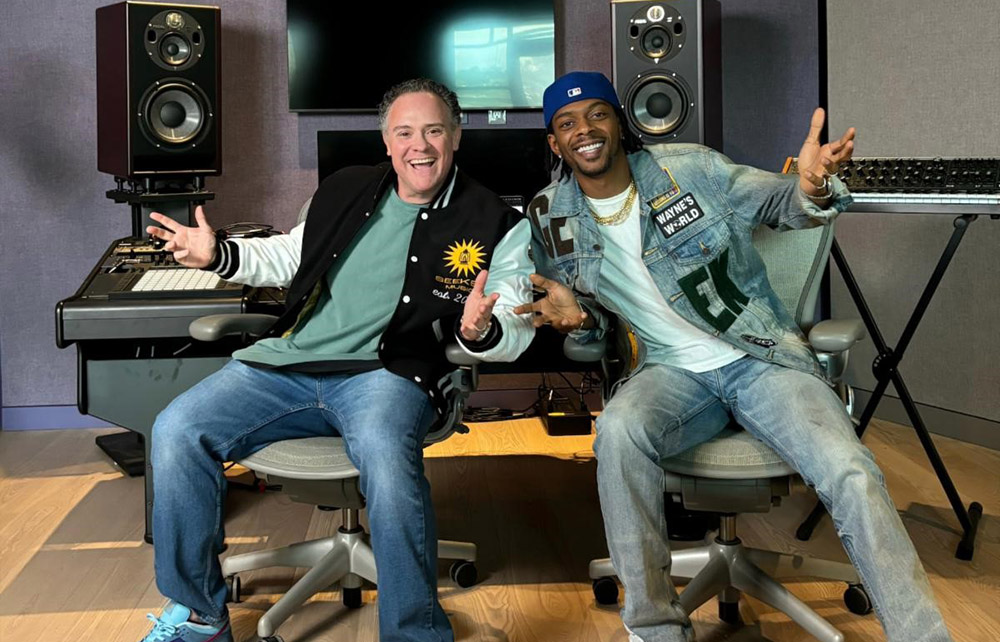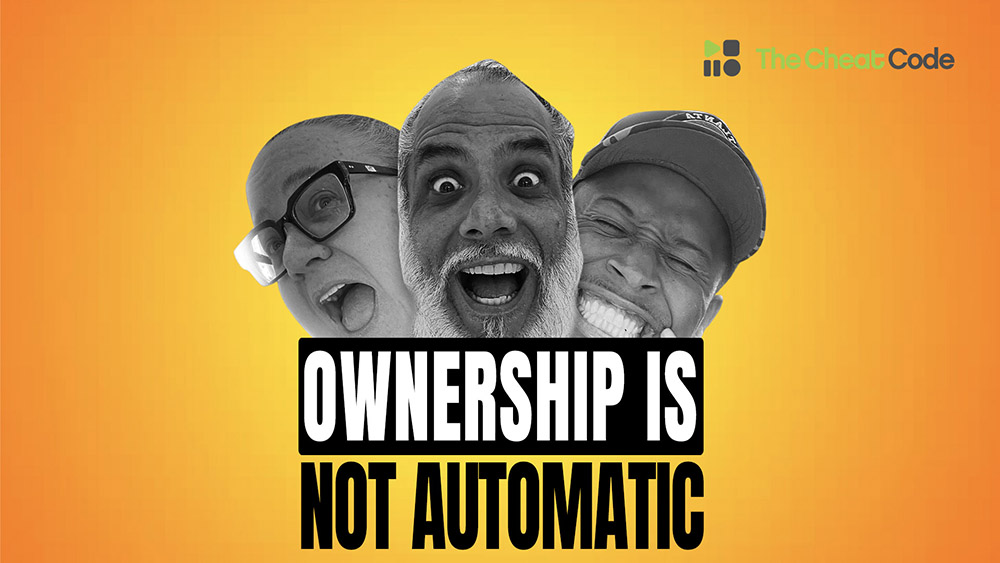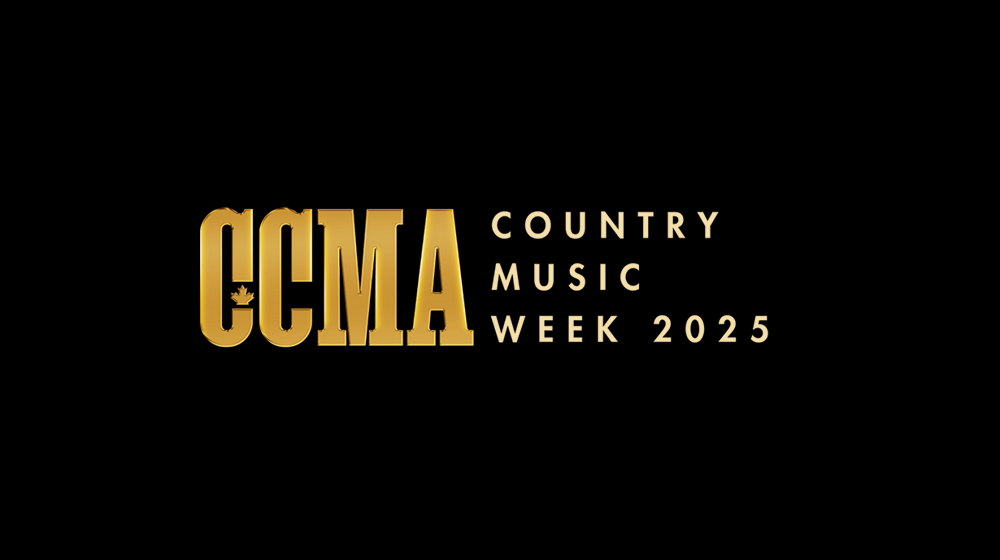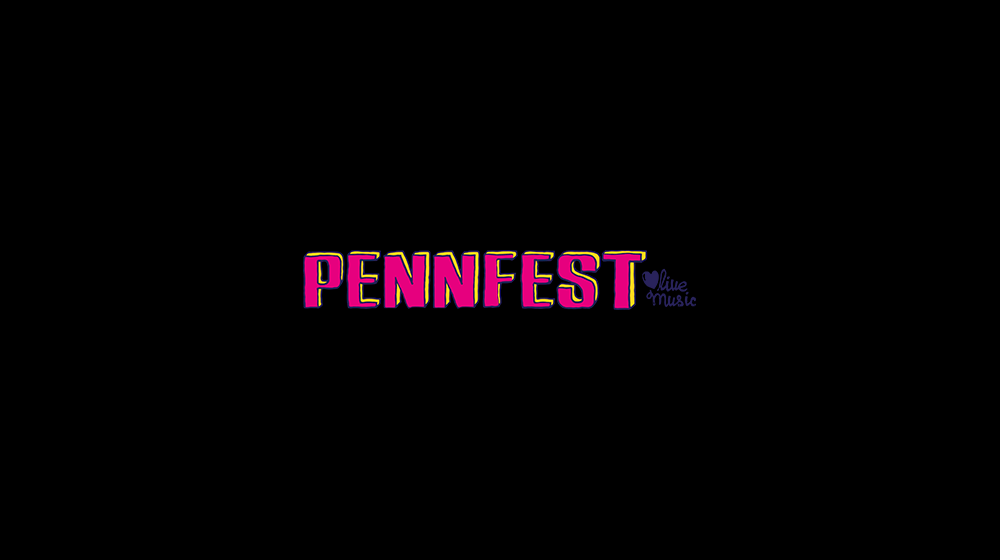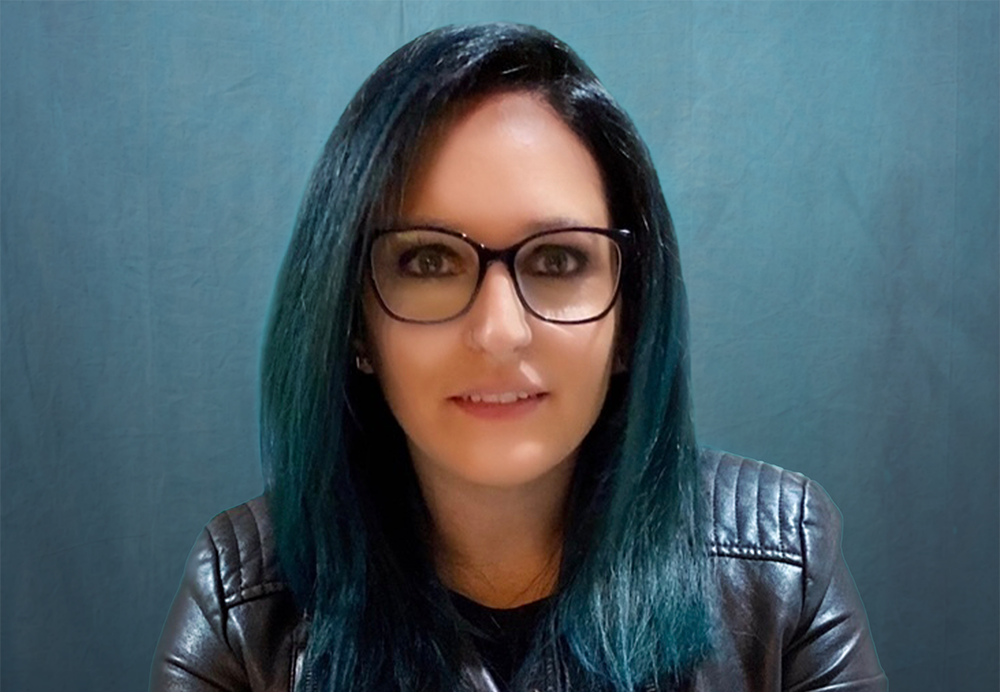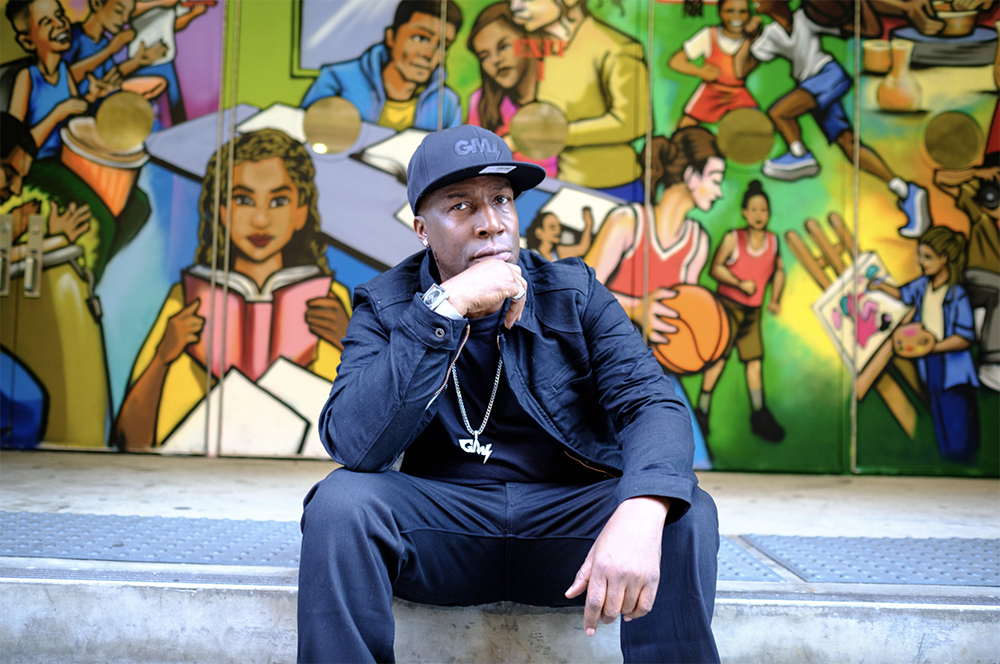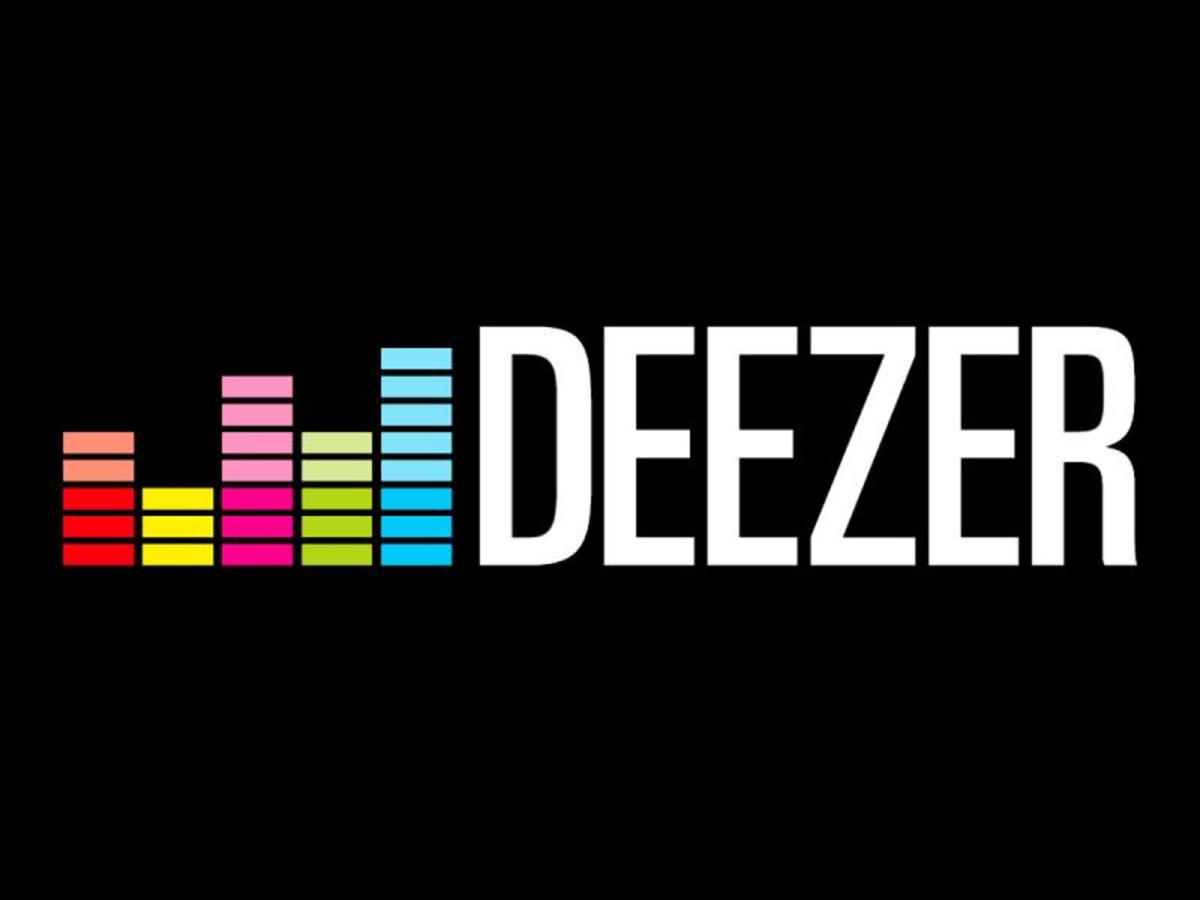
THE DIGITAL WORLD (Hypebot) –
"If we hope to head towards a bright future in the digital age, then, it begins with preparing Digital Natives and other young kids to help lead the way."
To be sure, the term “Digital Native” is misleading, because no two Digital Natives are created equal. Each of them has varying degrees of access to digital technologies, literacy skills, and participation within their peer culture. What’s more alarming is the “divide” opening up between those that have access to the network and those without. But that in itself isn’t the whole problem, because having access alone isn’t the solution. While access speaks of the stark contrast amongst the haves and have-nots, digital literacy reveals the difference in those who have the skills to navigate this new landscape and those that don’t.
Like many other crucial skills, digital literacy needs to be taught and learned through constant practice. Naturally, this doesn’t explain why some Digital Natives will get more out of their sessions than others do. But what about those who get much more practice? Its estimated by Professor Urs Gasser that for kids who turn fifteen in 2016 or so, “they are likely to spend somewhere between 1,200 and 1,500 hours per year on digital technologies.” Going onto say that, “Five years later, at age twenty, they will have accumulated at least 10,000 hours as active users of the Internet, if the current statistics still apply.”
This amount of time, in turn, is equivalent to what Malcolm Gladwell argued to be the magic number for true expertise in Outliers. Whether you take into consideration world-class violinists, concert pianists, chess grandmasters, star athletes, Bill Gates, the Beatles, and what have you, 10,000 hours appears again and again. “It seems,” neurologist Daniel Levitin writes, “that it takes the brain this long to assimilate all that it needs to know to achieve true mastery.” Ten years, Gladwell says, is roughly how long it takes to put in 10,000 hours of hard practice. For these Digital Natives it will only have taken them five years.
Will every single one of these Digital Natives grow up to be top-notch experts? Of course not. “But in fact,” Gladwell writes, “they are invariably the beneficiaries of hidden advantages and extraordinary opportunities and cultural legacies that allow them to learn and work hard and make sense of the world in ways that others cannot.” For those who are given the chance to put in those hours and have the presence of mind to seize it, undoubtedly they will become masters of digital technologies. But mastering the “use” of digital technologies isn’t enough, because they must understand the “role” it plays in their lives too.
2. Creative Destruction
From the perspective of media scholar Henry Jenkins, “Educators must work together to ensure that every American young person has access to the skills and experiences needed to become a full participant, can articulate their understanding of how media shapes perceptions, and has been socialized into the emerging ethical standards that should shape their practices as media makers and participants in online communities.” So, as we can see, the digital dilemma is two-fold. On one hand, we must make smart choices and offer services that are more in step with the emerging social norms of Digital Natives.
On the other, we need to prepare Digital Natives and other young people to become active participants in these participatory cultures. Both are required if we hope to head toward a bright future in the digital age. These sorts of Digital Natives have the potential to remake the culture of business in which many industries will all be operating in the future. Instead of accepting the marketplace in which most commerce takes place today as “a pre-existing condition of the universe,” they may recognize the need to adjust the operating system to the needs of our society, where previous generations did the opposite.
more constructive than it does today."
By means of creative destruction, a term coined by the late economist Joseph Schumpeter, who, “described capitalism as a process of incessantly destroying the old structure and creating a new one,” those born digital will transform businesses and cause disruption in the short term. “This disruption stems in part from their use of technology and their shifting relationship with information,” Law Professors John Palfrey and Urs Gasser explain. “Over time, though, their creative destruction will begin to look more constructive than it does today.” In due time, they will revitalize the industries that they challenge.
Such is the case with file-sharing. While it may destroy the value of record companies now, its entry into the market sparked the development of a whole new social ecology of music culture. One which, despite its many current faults, could be the force that brings sustained long-term economic growth to those who prevail. “This process is not new; this kind of creative destruction has repeated itself throughout history in the wake of disruptive technologies,” they continue. “What’s different here is that Digital Natives can cause this creative destruction on their own, without pausing to worry about the implications.”
As young entrepreneurs, if they have a big idea, they can implement it. Without the need to ask for permission, they can innovate and do so on their own terms. “And the revolution in information technologies is enabling them to carry out this destruction to occur at a shockingly rapid pace, in markets that span the globe,” they conclude. “Innovation,” William Patry further argues, “the root cause of creative destruction—is thus the way capitalism survives on its own inherent tendency toward monopolization and stagnation, even as innovation is regarded as an existential threat to those who benefit from the status quo.”
3. 10,000 Hours
What then will the Digital Natives who happen to be at the highest end of the participation gap make of this combination of ability, opportunity, and utterly arbitrary advantage that has been bestowed upon them? We don’t know. Will the story of those who succeed in the 21st century be about those, “who were given a special opportunity to work really hard and seized it, and who happened to come of age at a time when extraordinary effort was rewarded by the rest of society?” Only time will tell us. Still, there’s more to it then providing access to the technology, teaching digital literacy, and encouraging active participation.
lies within us the ability…"
Cultivation of what Harvard Psychologist Howard Gardner calls the Five Minds for the Future is a must. These “minds” are what he describes as the disciplined, synthesizing, creating, respectful, and ethical. To which he says, “We should be concerned with how to nurture these minds in the younger generation, those who are being educated currently to become the leaders of tomorrow.” Equally as important as this task before us lies within us the ability to not let tomorrow turn into another day. Much time has already been wasted in trying to ensure that future looks exactly like the present, when in fact it is not.
“We acknowledge the factors of globalization—at least when they are called to our attention—but have not figured out how to prepare youngsters so that they can survive and thrive in a world different from once ever known or even imagined before,” Gardner writes. Why is that? Nassim Taleb contends in The Black Swan, “Our human race is affected by a chronic underestimation of the possibility of the future straying from the course initially envisioned.” People often disregard, he explains, that “to understand the future to the point of being able to predict it, you need to incorporate elements from this future itself.”
Moving forward, it’s critical that we not only focus on providing those with extraordinary talent, with extraordinary opportunities, but that we realize its within the best interest of all industries, all people, to help prepare those who are less fortunate. “The sense of possibility so necessary for success comes not just from inside us or from our parents,” Gladwell enlightens. “It comes from our time: from the particular opportunities that our place in history presents us with.” Think about it. In 2021, at the age of twenty, these Digital Natives will have put in 10,000 hours on the Internet, not Facebook or Twitter, the Internet.
References:
Additional Reading:
Contact:
— by Kyle Bylin, Associate Editor



















